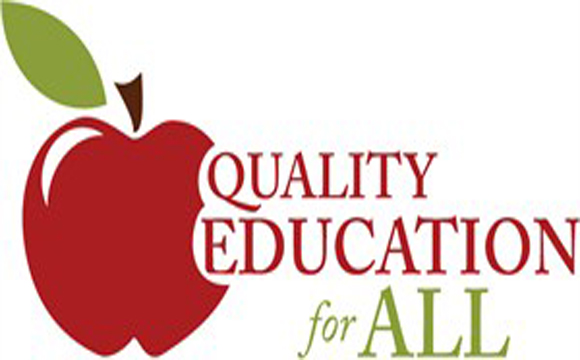How can the U.S. provide more college opportunities for students?

The United Negro College Fund is known for the phrase, “A mind is a terrible thing to waste.” Its mission is to fund scholarships for African-American students at 39 private historically Black colleges and universities. Many American students, however, are ill-prepared for a rigorous curriculum that prepares them for college and a 21st century workplace. In fact, the U.S. ranked 26th in mathematics, 21th in science and 17th in reading compared to industrialized countries on the 2012 Programme for International Student Assessment which is administered every three years by the Organization for Economic Cooperation and Development.
Currently, the U.S. ranks 12th in the world in four-year degree attainment among 25-34 year olds compared to its number one ranking in 1990. President Barrack Obama’s goal is to increase college access and regain this ranking by 2020. However, there is a huge disparity between the number of low-income families having a bachelor’s degree compared to high-income families, as well as the number of years it takes students from low-income families to graduate from college compared to students from high-income families. So, the critical questions to be asked are: How can the U.S. provide more college opportunities for students? What are the four key areas the government plans to employ to reach this objective?
On numerous occasions, President Obama has stated that if you work hard, you can get ahead in life despite the numerous barriers facing many families such as the underprivileged. On January 16, Obama and his administration announced new commitments from various organizations and constituents such as presidents of colleges and universities to address the lack of college opportunities for students through four areas. They include (1) connecting more low-income students to colleges where they can succeed and encouraging completion once they arrive on campus; (2) increasing the pool of students preparing for college; (3) reducing inequalities in college advising and test preparation and (4) seeking breakthroughs in remedial education.
Through researched-based techniques and best practices, these four initiatives will involve the commitment of key constituents to assist low-income students to attend and graduate from colleges that best match their abilities; establish early-intervention programs that affords students the opportunities to learn about college life and add additional counselors at high schools to assist students with college selections, financial aid applications and academic guidance. The commitment will also include assessing the level of students’ abilities before and prior to attending college and remediating their deficiencies through increased academic support.
Having a college education is critical to the productivity and stability of the U.S. economy. The 21st century workforce will require higher-level skills through postsecondary education. When people from families such as the underprivileged and other backgrounds do not acquire some level of postsecondary training in in this millennium, their minds have gone to waste” Thus, educational reforms with best practices for college success is essential.
Dr. Ronald Holmes is the author of four books, “Education Questions to be Answered,” “Current Issues and Answers in Education,” “How to Eradicate Hazing and “Professional Career Paths.” He is publisher of “The Holmes Education Post,” an education focused Internet newspaper. Holmes is a former teacher, school administrator and district superintendent. He can be reached at [email protected].

